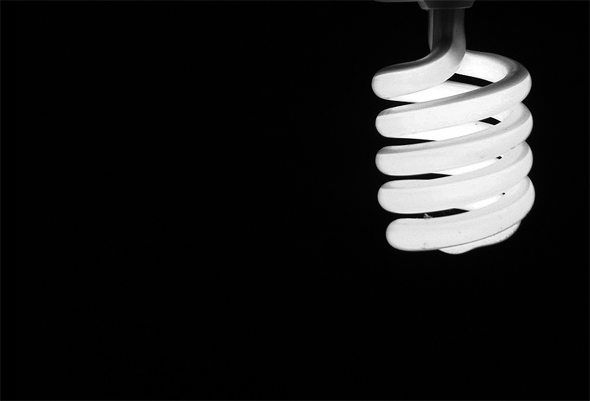Save Some Money On The ‘To-Do’ List From Your Honey

Telling Tips is a series of articles from local experts to help you save money, make better decisions and plan for a better future.
Yes, the Energy Credit is still available, although in a geriatric state.
For 2009 and 2010 you were allowed a 30 percent credit of up to $1,500 for helping yourself and the environment by installing residential energy efficient improvements to your home for insulation materials, exterior windows and doors, hot water boilers, and several other items. (For more info, see IRS form 5695 [PDF])
Although millions were lost to the U.S. Treasury due to false claims of these improvements (no, the IRS never bothered to request proof), this credit is still here, although drastically modified.
As the products on TV have restrictions and exceptions, so to the new credit also has some limitations:
- The 2011 credit on qualifying purchases is 10 percent of the cost
- The maximum credit is $500, although the credit on some items is limited to between $50 and $300.
- As before, the qualifying purchase must be for your existing home which is your principal residence.
- The tax credit is not available for rental properties or new construction.
- The $500 is a ‘lifetime’ limit, meaning that if you claimed energy tax credits of over $500 on your tax return between 2006 and 2010, you are not eligible for the 2011 credit. (Now you know why you must keep your tax returns.)
- The credit is nonrefundable.
The credit is available for:
- Biomass Stoves
- Heating Ventilating, Air Conditioning (Advanced Main Air Circulating Fan, Air Source Heat Pumps, Central Air Conditioning, Gas, Propane, or Oil Hot Water Boiler, and Natural Gas, Propane or Oil Furnace)
- Insulation
- Roofs (Metal and Asphalt)
- Water Heaters (Gas, Propane or Oil Water Heater, and Electric Heat Pump Water Heater)
- Windows and Doors
When you purchase any of these items get proof that it qualifies for the tax credit by getting the ‘Manufacturer’s Certification Statement.’ You can check out the specific qualifications on the Energy Star website. For your protection, your tax preparer should ask you for this certification, so keep your paperwork together with your 2011 tax papers.
To those of you who are totally environmentally conscious, there are a few credits that can really add to your pocketbook. These credits, which don’t expire until December 31, 2016, are for the purchase of:
- Geothermal heat pumps
- Small wind turbines (residential)
- Solar energy systems
The credit for these items is 30 percent of the cost, with no upper limit, and applies to both existing homes and new construction, and for your principal residence or your second home, but not to rental properties.
OK, guys, ready for that ‘Honey, to-do’ list?
- Check those 2006-2010 tax returns.
- Buy the materials and save some tax dollars.
Have a great summer.
Joseph Reisman, of Joseph S. Reisman & Associates, has been serving tax prep and business accounting expertise from his Coney Island Avenue office for more than 25 years. Check out the firm’s website.



